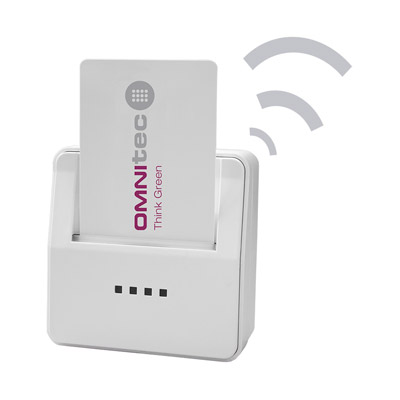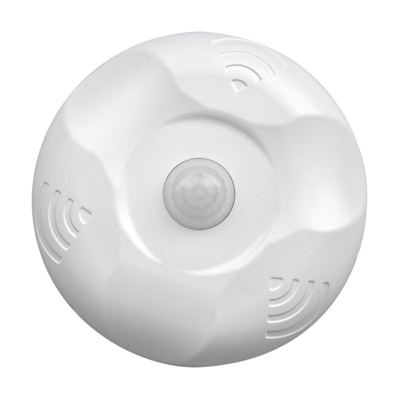Did you know that energy accounts for between 10 and 15% of a hotel's total operating costs? This is a very high proportion financially, but small in comparison to the carbon footprint, where it accounts for 60% of the total.
In a context of energy transition, more and more vacation rentals - from hotels to all types of rentals - are committed to improving their energy efficiency.
In fact, a hotel is living proof that every little counts, both financially and ecologically. Savings are substantial when measures are taken, such as checking taps for leaks, installing economisers in rooms and replacing lights with low-energy use systems.
Becoming an environmentally friendly accommodation centre is added value for the new profile of traveller, who is increasingly aware of the urgent need to take care of the planet. This, allied with the commitment to making small, consistent gestures to reduce costs, leads to a more sustainable tourism.
Let’s have a look at some of the most important actions to improve the energy efficiency of hotels or tourist accommodation:
-
Replace light sources with LEDs
LED bulbs consume 80% less energy and are by far the most durable. They involve a higher investment than other options, but that cost is paid back relatively quickly, both in electricity bills and in maintenance.
-
Energy Savers in all rooms
At Omnitec, we are also committed to saving energy so we offer energy savers, as part of our range of solutions for hotels. These are energy disconnectors par excellence, which turn off the lights unless the room entry card is in the corresponding slot.

In standard conditions of use, energy consumption is reduced by up to 30% with simple economisers.
-
Try motion sensors
What if it were possible to increase this saving to 60%? Well, the ECO-SENS range of motion sensors helps you optimise electrical consumption in rooms. This technology senses if the room is occupied or free and communicates it to the wireless energy saver, which manages the output relays based on the information received. Also, door and window sensors inform the economiser if they are open or closed.

-
Use natural light
It may seem like an obvious piece of advice, but the truth is that not all centres make efficient use of natural light. Much building construction takes this into account, via orientation or by installing windows. However, this can also be encouraged with steps such as installing fine curtains next to opaque ones or blinds.
-
Efficient heat insulation
Efficient heat insulation of roofs and facades in a hotel can produce energy consumption savings of over 50%. It is also key for the comfort of guests.
-
Study solar energy implementation
The roofs of large hotels may be the ideal place to install solar panels and start saving on electricity bills. In fact, it is worth considering for any type of accommodation: from apartment complexes to rural houses. Of course, the project needs to be studied very well beforehand, so that installing such panels translates into a reasonable payback period for the investment.
-
Implement water saving measures
Tourist water consumption is more than twice that of business premises. It seems that holidaymakers don’t skimp on small luxuries like enjoying a bath. However, at the same time, they are increasingly aware that some of their small gestures can contribute to more sustainable tourism. This is the case with towels; as more and more hotels leave a message to encourage guests to tell them if they want them to be changed daily or not. This initiative has been very successful in hotels around the world.
The second area of action is maintenance. For example, leak detection (a dripping tap can lose up to 80 L of water a day) or the installation of flow reducers in taps or showers can save 20-50% of water consumption.
-
The 3R Rule, also in hotels
The Reduce, Recycle and Reuse rule is extremely important in hotels. For example, more and more people are choosing to replace single-dose plastic amenities with dispensers of gel, shampoo and moisturising cream to reduce waste.
Would you like sustainability to provide more added value for your hotel? At Omnitec, we can help you install energy savers and motion sensors, two key initiatives for achieving energy efficiency in tourist accommodation. For more information, please do not hesitate to contact our team.